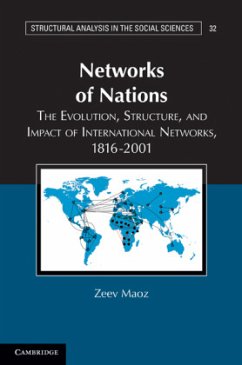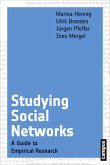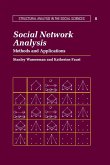Maoz views the evolution of international relations over the last two centuries as a set of interacting, cooperative and conflicting networks of states. The networks that emerged are the result of national choice processes about forming or breaking ties with other states. States are constantly concerned with their security and survival in an anarchic world. Their security concerns stem from their external environment and their past conflicts. Because many of them cannot ensure their security by their own power, they need allies to balance against a hostile international environment. The alliance choices made by states define the structure of security cooperation networks and spill over into other cooperative networks, including trade and institutions. Maoz tests his theory by applying social networks analysis (SNA) methods to international relations. He offers a novel perspective as a system of interrelated networks that co-evolve and interact with one another. In this book, Zeev Maoz offers a new theory of networked international politics, viewing the evolution of international relations over the last two centuries as a set of interacting, cooperative and conflicting networks of states. He tests his theory by applying social networks analysis (SNA) methods to international relations.
Hinweis: Dieser Artikel kann nur an eine deutsche Lieferadresse ausgeliefert werden.
Hinweis: Dieser Artikel kann nur an eine deutsche Lieferadresse ausgeliefert werden.
"Zeev Maoz masterfully weaves together theoretical, methodological, and measurement strands into a comprehensive tapestry depicting the potential for social network analysis to illuminate international relations. He provides an accessible blend of clear didactic exposition and rich substantive results that may attract rising generations of scholars eager to explore and exploit new territories. Whether he will compel the discipline into actually taking seriously the R in IR is an open question. We shall see whether shift happens in the battle of paradigms." - David Knoke, University of Minnesota, American Journal of Sociology








